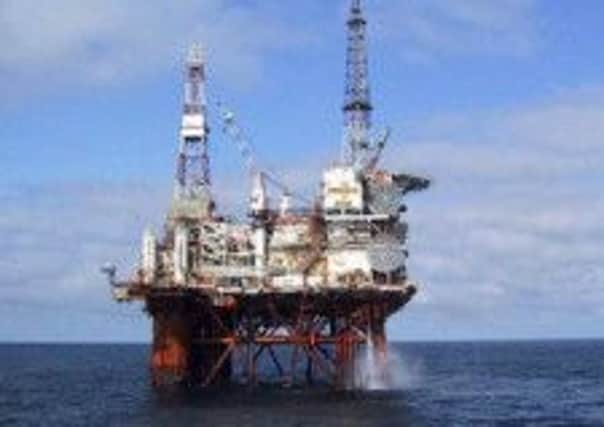Decommission is an opportunity not a problem


Despite declines in recent years, Oil & Gas UK anticipates that production rates will rise to two million barrels of oil per day by 2017. Meanwhile, capital investment is forecast to rise to £13 billion in 2013.
The industry has many reasons to be optimistic. However, a growing challenge is facing the sector – one that many other oil-producing nations have yet to face. The North Sea has to deal with assets that have reached the end of their field lives and require decommissioning.
Advertisement
Hide AdAdvertisement
Hide AdEstimates suggest that the cost of UK Continental Shelf (UKCS) decommissioning in the next five years will amount to more than £5bn with the work required on at least 40 platforms and their associated wells, pipelines and subsea structures, across 80 fields.
It’s a massive task and one that has created a “decommissioning mystique”.
The reality is that decommissioning is set to become a major factor in Scotland’s oil and gas sector. Rather than viewing it with concern, the business world should embrace the opportunities it presents.
Decommissioning is considered by many operators and infrastructure partners as a whole entity and, in that form, it is considered complex, new, risky, expensive and time-consuming. However, when broken down into its constituent parts, it can be seen for what it really is: multiple services that, in the main, the supply market already provides.
What is required, though, is a skilled workforce and industry collaboration to develop an efficient set of decommissioning practices.
Right now, the capability of the supply chain is 35 per cent lower than the perceived level needed, particularly in areas like engineering staff and specialist equipment workers and suppliers. But develop the expertise and we have a commodity ripe for export; and by collaborating to find innovative models that deliver improved efficiency and effectiveness, we have skills and services that can extract greater value from assets still in operation.
By embracing and tackling the challenges and opportunities that decommissioning presents, the energy industry can continue to contribute to Scotland’s economic success story.
n Luca Corradi is managing director (resources) at Accenture Scotland